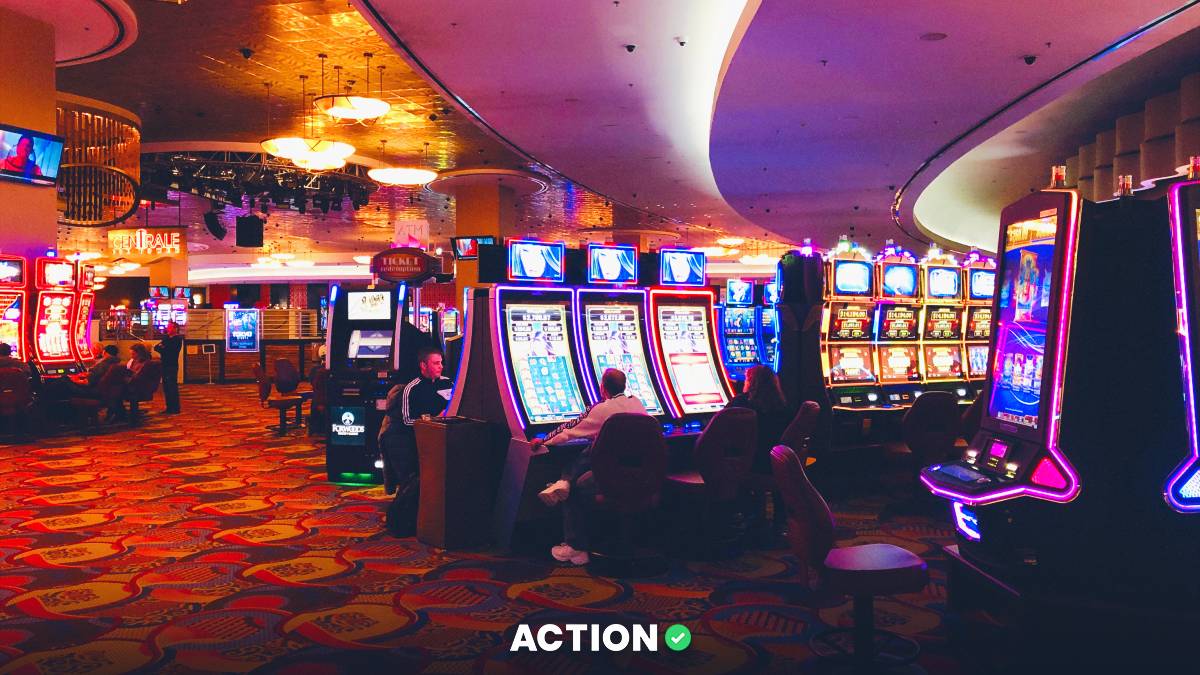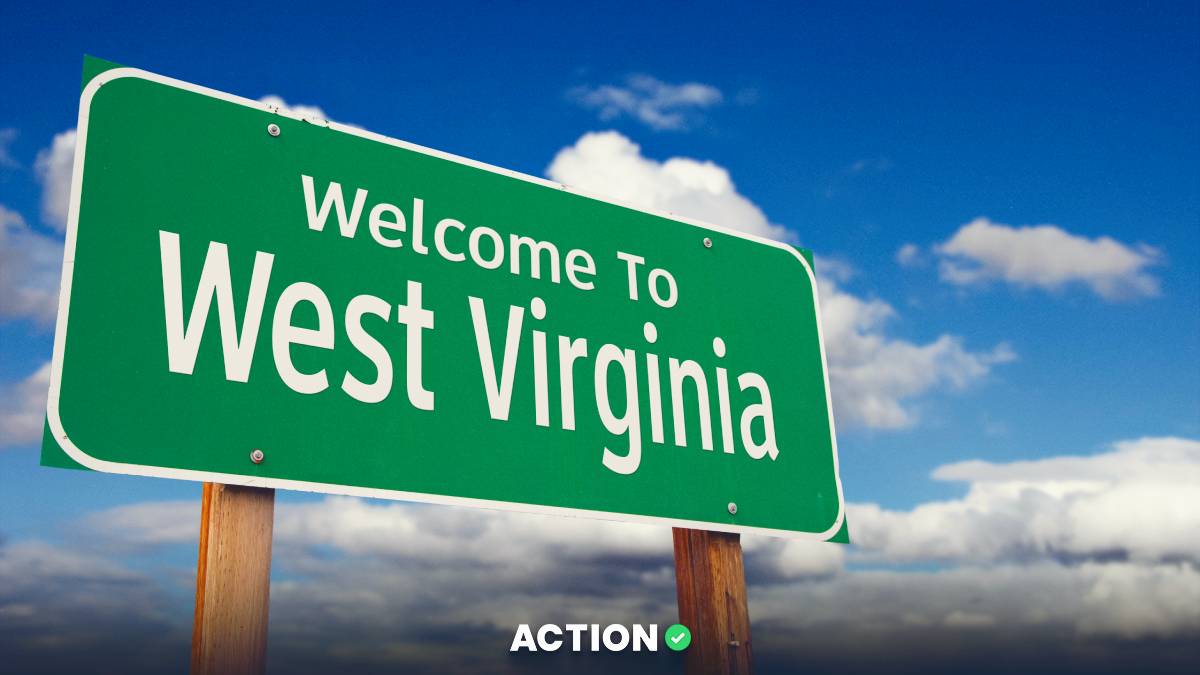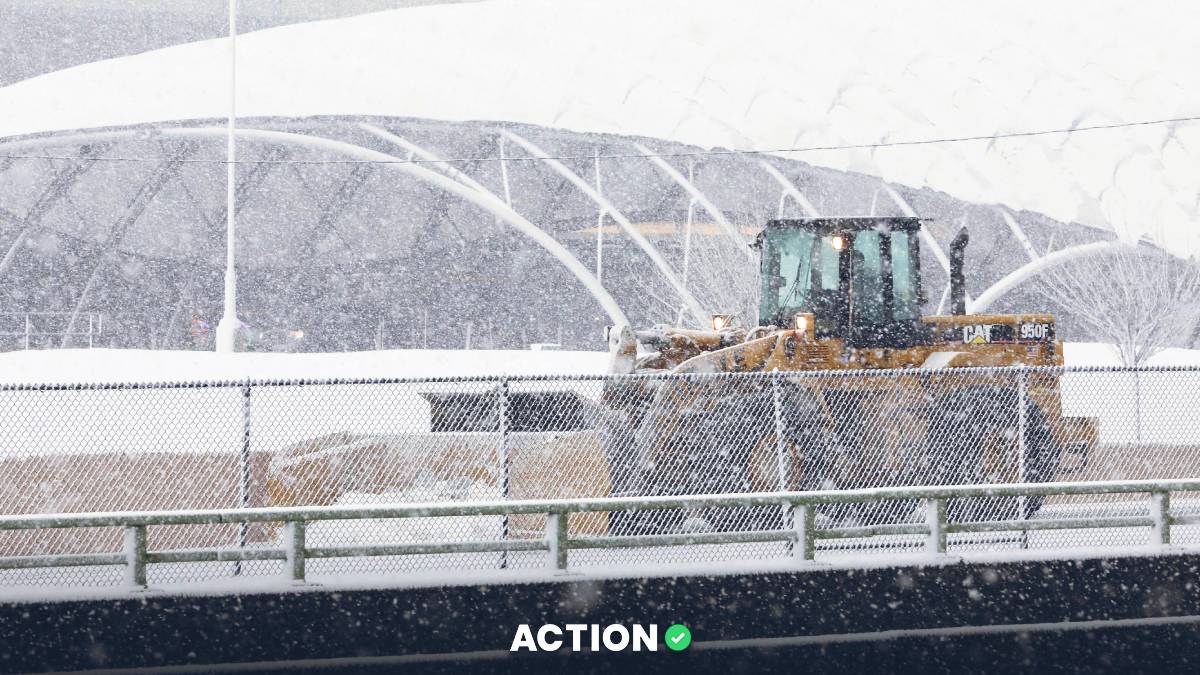Tribal leaders from across the United States are convening this week at the Mystic Lake Casino in Prior Lake, Minnesota, for the Indian Gaming Association's 2025 Mid-Year Conference & Expo.
The conference, which begins today, is focused on the challenges and opportunities emerging in the tribal gaming and political landscapes, with a major emphasis on the accelerating threat posed by online and out-of-state gaming operations.
For example, lawmakers in Wyoming are still debating the legalization of online casinos. A recent bill proposed allowing online gaming on tribal lands through a state agreement. Currently, Wyoming has only Native American casinos, with no commercial ones.
And in another recent political move, Maine Governor Janet Mills postponed making a decision on Legislative Document 1164, a bill that would allow the state's tribal nations to enter the online casino gaming industry.
The History of Casinos on Tribal Land
Initial Efforts and Legal Battles (1970s-1980s):
- Native American tribes began exploring gaming as a means to ensure economic self-sufficiency in the 1970s. The growth of high-stakes bingo on tribal lands led to disputes with state governments.
- One of the pivotal cases during this time was California v. Cabazon Band of Mission Indians (1987), in which the U.S. Supreme Court ruled that tribes could operate gaming centers on their lands without state interference, provided such gaming wasn't strictly prohibited by state law.
Indian Gaming Regulatory Act (IGRA) of 1988:
- In response to the Cabazon decision, Congress passed the IGRA to provide a regulatory framework for gaming on tribal lands. The Act aimed to promote tribal economic development, self-sufficiency, and strong tribal governments.
- It categorized gaming into three classes and established the National Indian Gaming Commission to oversee regulation. It also required tribal-state compacts for casino-style gaming (Class III games).
Expansion and Development (1990s-2000s):
- Throughout the 1990s and early 2000s, many tribes entered into compacts with states, leading to the development of large casino resorts.
- Revenues from these operations became significant, providing funds for community services, infrastructure, education, and healthcare on reservations.
Economic Impact and Challenges (2000s-Present):
- Indian gaming has become a multi-billion-dollar industry, with successful casinos boosting local economies and providing employment.
- Despite successes, challenges remain, including competition from non-tribal casinos, changes in federal and state regulations, and issues related to revenue distribution and the preservation of tribal cultural values.
Modern Developments:
- In recent years, tribes have increasingly focused on diversifying their economic ventures beyond gaming to ensure long-term sustainability.
- Discussions continue around the legal status of online gaming on tribal lands, with ongoing debates about jurisdiction and regulation.
This history illustrates the intertwining of legal, economic, and cultural factors that have shaped the landscape of tribal gaming in the United States. Now, online casinos pose another one.
What is the Theme of the Indian Gaming Association's Conference?
The Indian Gaming Association Conference will bring together tribal leadership, policymakers, and industry experts to address urgent topics, including federal policy changes, economic pressures, and the rapidly changing legal environment for sports betting and online gaming.
The guiding theme is “Built to Endure: Strengthening Tribal Gaming in the Age of Disruption,” reflecting the sector’s need to do a few things, including:
- Navigate unregulated online competitors.
- Fend off cyberattacks.
- Maintain tribal sovereignty amid encroachment by national and international gaming platforms.
So, there's a lot to discuss.

Online Gaming Threats
A central concern is the increasing presence of unregulated online gaming operators—often working outside the bounds of state or tribal jurisdiction—which siphon revenue from tribal casinos and threaten established regulatory frameworks.
New forms of online gaming, such as prediction markets and federally regulated entities not covered by the Indian Gaming Regulatory Act, create legal grey zones that diminish tribal control and economic benefits. Many tribal leaders see this as a direct threat to sovereignty, jobs, and long-term economic security.
Political and Strategic Discussions
The conference also features sessions on other emerging threats, such as:
- Legislative battles over sports betting legalization in places like Minnesota.
- The impact of cyberattacks—recent high-profile breaches have caused millions of dollars in damages to tribal-operated casinos.
- The importance of presenting a unified national strategy and defending tribal interests within changing legal frameworks and shifting political alliances.
Tribal Gaming Leading Expected to Focus on Forward-Looking Strategies
Tribal leaders are expected to focus on strategies that include:
- Advocating for policy reforms that protect or expand tribal gaming rights.
- Enhancing cybersecurity measures across all tribal gaming operations.
- Developing collaborative solutions for equitable online gaming regulation and revenue sharing.
In short, the 2025 Mid-Year Conference is a critical forum for tribal nations to address immediate and long-term challenges in gaming, defend their sovereign rights, and craft strategies for resilience in an era of digital and legislative disruption.









